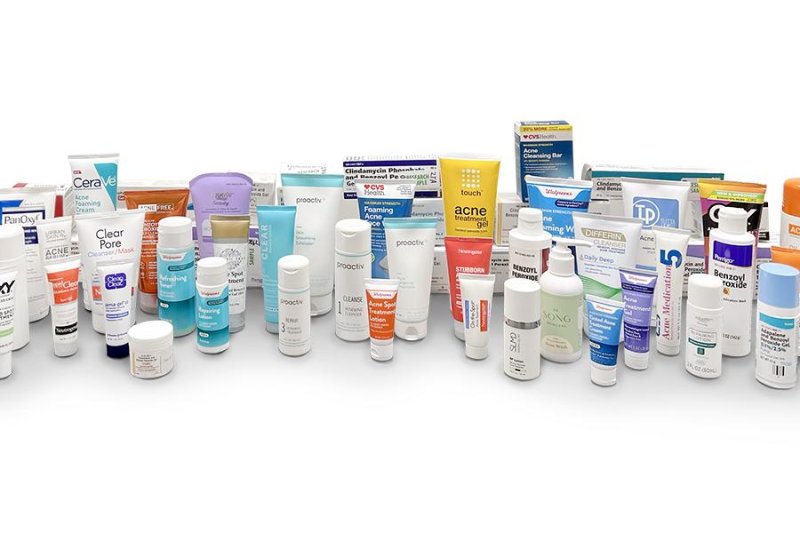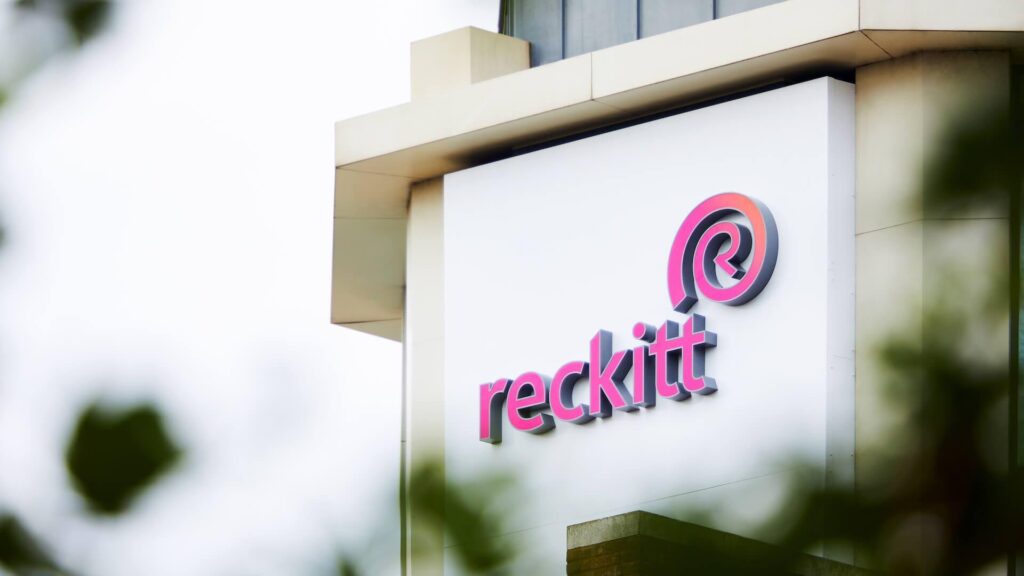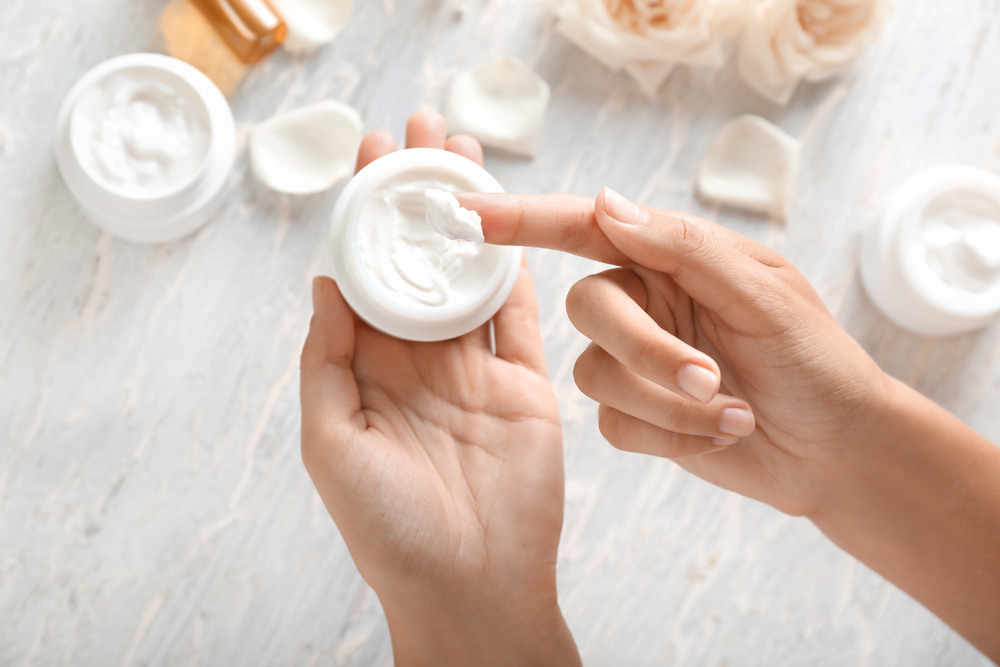“High levels” of the cancer-causing chemical benzene were found in some acne treatments that contain the popular ingredient benzoyl peroxide, Reuters said in a report on Thursday, March 7.
Independent US laboratory Valisure said it tested 175 acne treatments available on the market. Of these products, 99 contained benzoyl peroxide.
Causing more concern is that the tests not only found benzene present in many of the products but also in the air around them, “posing an inhalation risk.”

Photo from Valisure
Among the brands that tested positive for the said carcinogen are Estee Lauder’s Clinique, Target’s Up & Up, and Reckitt Benckiser-owned Clearasil. It also reported finding benzene in Proactiv, PanOxyl, Walgreens’ acne soap bar and Walmart’s Equate Beauty acne cream.
What is benzoyl peroxide, benzene?
As per the Cleveland Clinic, benzoyl peroxide is effective in treating acne and “works by decreasing inflammation and killing or preventing the growth of bacteria on your skin.”
However, according to the report by Valisure, “benzene, a known human carcinogen, can form at high levels in benzoyl peroxide (“BPO”) acne treatment products.”
The laboratory further stated: “Valisure’s tests on dozens of prescription and over-the-counter benzoyl peroxide products suggest that currently formulated BPO medications are fundamentally unstable and can generate unacceptably high levels of benzene when handled or stored at higher temperatures that the products may be exposed to during handling by consumers.”
It added that benzene can be produced in the acne treatment products themselves and can escape into the surrounding air.
How do you get exposed to benzene?
According to the US Centers for Disease Control and Prevention (CDC), benzene can be from both natural processes and human activities.
Natural sources of benzene include volcanoes and forest fires. It is also a natural part of crude oil, gasoline, and cigarette smoke.
Some industries use benzene to make other chemicals that are used to make plastics, resins, nylon, synthetic fibers, lubricants, rubbers, dyes, detergents, drugs, and pesticides.

Exposure can be from tobacco smoke, gas stations, motor vehicle exhaust, and industrial emissions.
Benzene in indoor air comes from products that contain it like glues, paints, furniture wax, and detergents.
Why is benzene harmful?
Long-term exposure to benzene harms the body by causing cells to not work correctly. It can lead to anemia, for example, by causing bone marrow to not produce enough red blood cells.
It can also damage the immune system by changing the blood levels of antibodies and causing the loss of white blood cells.
Benzene also causes excessive bleeding and can affect the immune system, increasing the chance for you to catch an infection.

Some women who breathed high levels of benzene for many months had irregular menstrual periods and a decrease in the size of their ovaries.
Both the International Agency for Cancer Research and the Environmental Protection Agency have determined that benzene is carcinogenic to humans.
Long-term exposure to high levels of benzene in the air can cause leukemia or cancer of the blood-forming organs.
Exposure to it may also be harmful to the reproductive organs.
What now?
Following the findings, Valisure filed a petition with the U.S. Food and Drug Administration, calling on the recall of several products, the conduct of an investigation, and the revision of industry guidance.
Valisure included 66 acne treatments which had elevated levels of benzene in its petition.
On the list are those sold by US pharmacy chains Walgreens and CVS, as well as products under brand names PanOxyl, Neutrogena, La Roche Posay, Clean & Clear, Clear Pore, Dr. Lin, and Acne Free.



Other brands named in the petition were: Harris, Sandra Dee M.D., Galderma, Vie Naturelle, Ecuate, Differin, Humane, Oxy, Encube, Nixa Skincare, Dr. Song, CeraVe, Mylan, Zapzyt, Urban Skin Rx, Rugby, Perrigo, Glenmark, Oceanside, Teva, Sandoz, Replenix, Prasco, M.A.D Skincare, Aspexia, and Daylogic.
Reckitt, Estee Lauder respond
Reckitt, the producer of Clearasil, released a statement to People saying it is confident that all Clearasil products are safe when used and stored as directed on their labels.
“The safety and quality of our products is our top priority and we work closely with regulators around the world to ensure our products are safe and effective for their intended use. The findings presented by an independent lab today reflect unrealistic scenarios rather than real-world conditions,” the statement reads.



Estee Lauder, on the other hand, said Clinique uses benzoyl peroxide in one product, which “is safe for use as intended.”
Target (TGT.N) and Walmart did not respond to Reuters’ requests for comment, while the FDA has yet to respond to Valisure’s petition.
The carcinogen has already been previously found in other consumer products, such as sunscreens, hand sanitizers, and dry shampoo.
The discovery led to recalls of products made by companies like Procter & Gamble (PG.N) and Johnson & Johnson (JNJ.N).
However, benzene in acne treatment products was “substantially different” from the other cases, Valisure said.
“The benzene we found in sunscreens and other consumer products were impurities that came from contaminated ingredients; however, the benzene in benzoyl peroxide products is coming from the benzoyl peroxide itself,” said David Light, co-founder and president of Valisure, as quoted in the same article on Reuters.
The laboratory’s tests showed some products could form more than 800 times the conditionally restricted FDA concentration limit for benzene.
Following Valisure’s announcement, the share price of Estee Lauder dropped 3 percent.




